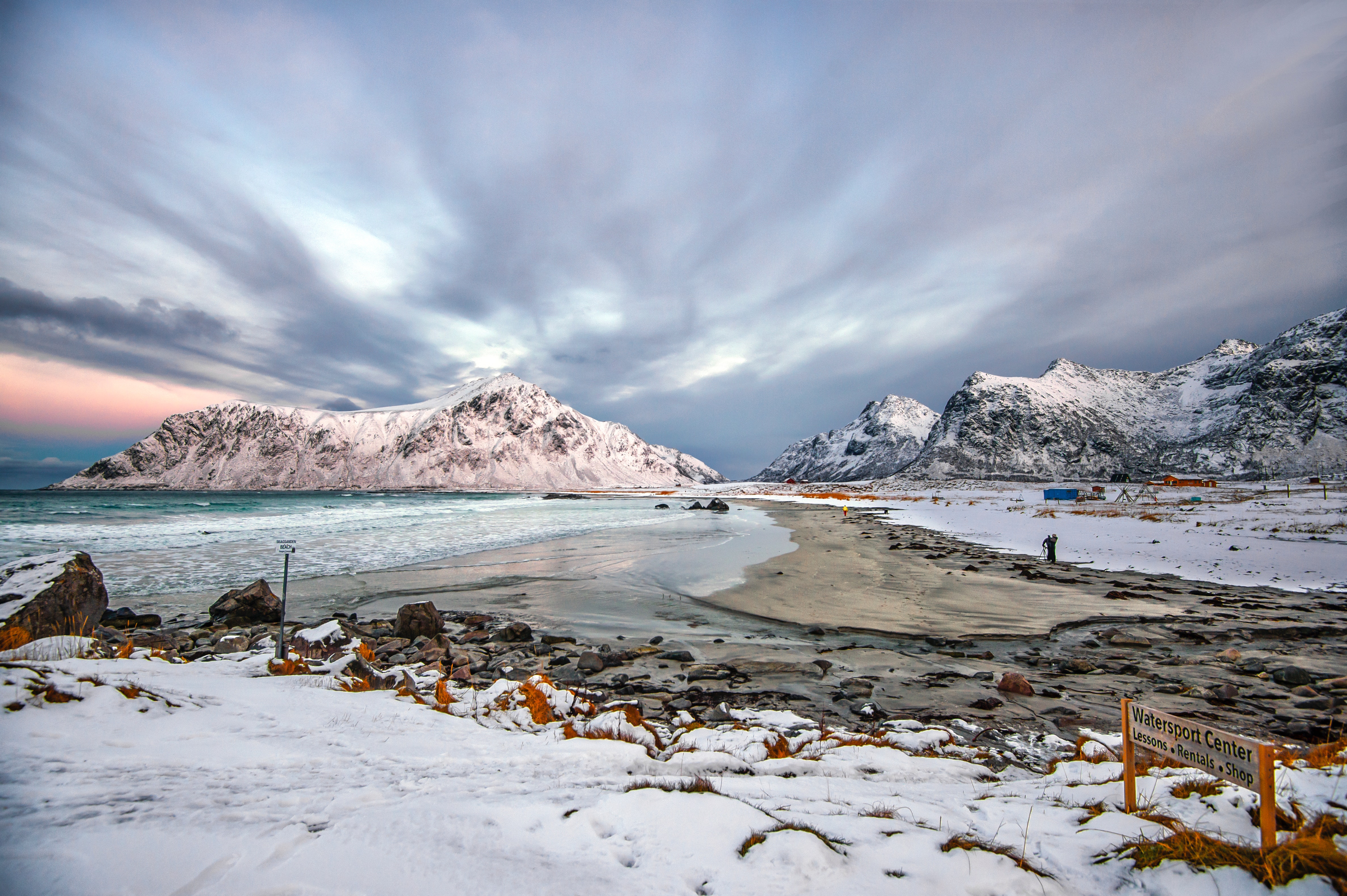Employment and Sustainability in a Time of Transition: Human Capital Development, Firm Strategy, and Community in the Arctic

Case studies of several industries and communities in the Arctic to examine the changing employment and career structures, worker career development, and the sustainability of local communities.
Arctic communities and industries are facing a trio of challenges from climate change, economic change, and social change. The next generation may be faced with tough choices between maintaining traditional, subsistence life and the lure of expanding opportunities in standard employment in the oil, field services, and mining industries. This research involved case studies and extensive field work of several industries and communities in the Arctic to examine the changing employment and career structures, worker career development, and the sustainability of local communities. The project also provided multiple perspectives on the impact of climate change on human and economic activity. The findings will address the broader issues of sustainability of communities outside of urban and industrial work systems. This project addressed three major areas of research: (a) Arctic social systems: the project will add to our understanding of the uneasy accommodation between traditional culture and the internal labor markets in firms operating in extreme environments, and the implications for future sustainability in face of climate and economic change; (b) Internal labor markets and workforce development: this extends research on the transformation of internal labor markets to mixed and transitional economies to determine how nonstandard jobs and careers can be maintained, particularly under conditions of temporal discontinuity; (c) Transitional and emerging economies: project findings may have relevance to modeling of alternative paths of economic and workforce development as well as business strategies that sustain traditional practices in the context of increasing industrialization (as an alternative path to convergence). The project also provided multiple perspectives on the impact of climate change on human and economic activity. The findings will address the broader issues of sustainability of communities outside of urban and industrial work systems. As part of the education outreach for this project, Arctic Science curriculum was developed with a group of middle school teachers.